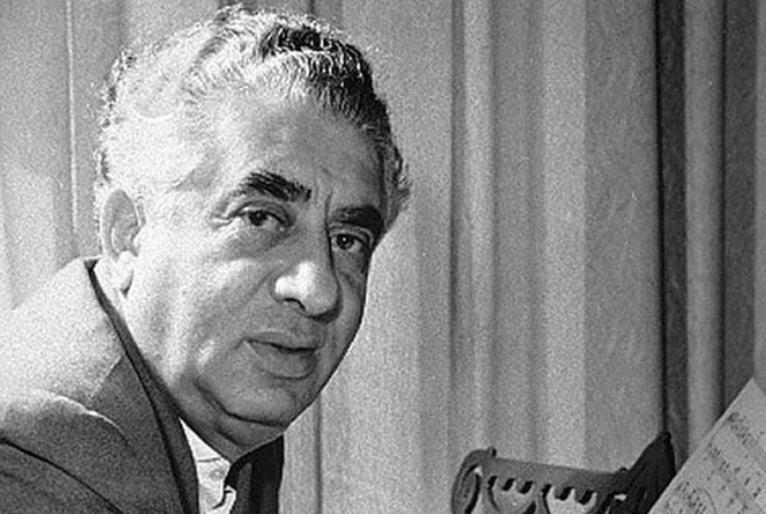
10 Fascinating Facts about Aram Khachaturian
Aram Khachaturian, the eminent Soviet composer of Armenian descent, left an indelible mark on the world of classical music with his innovative compositions. Here are[…]
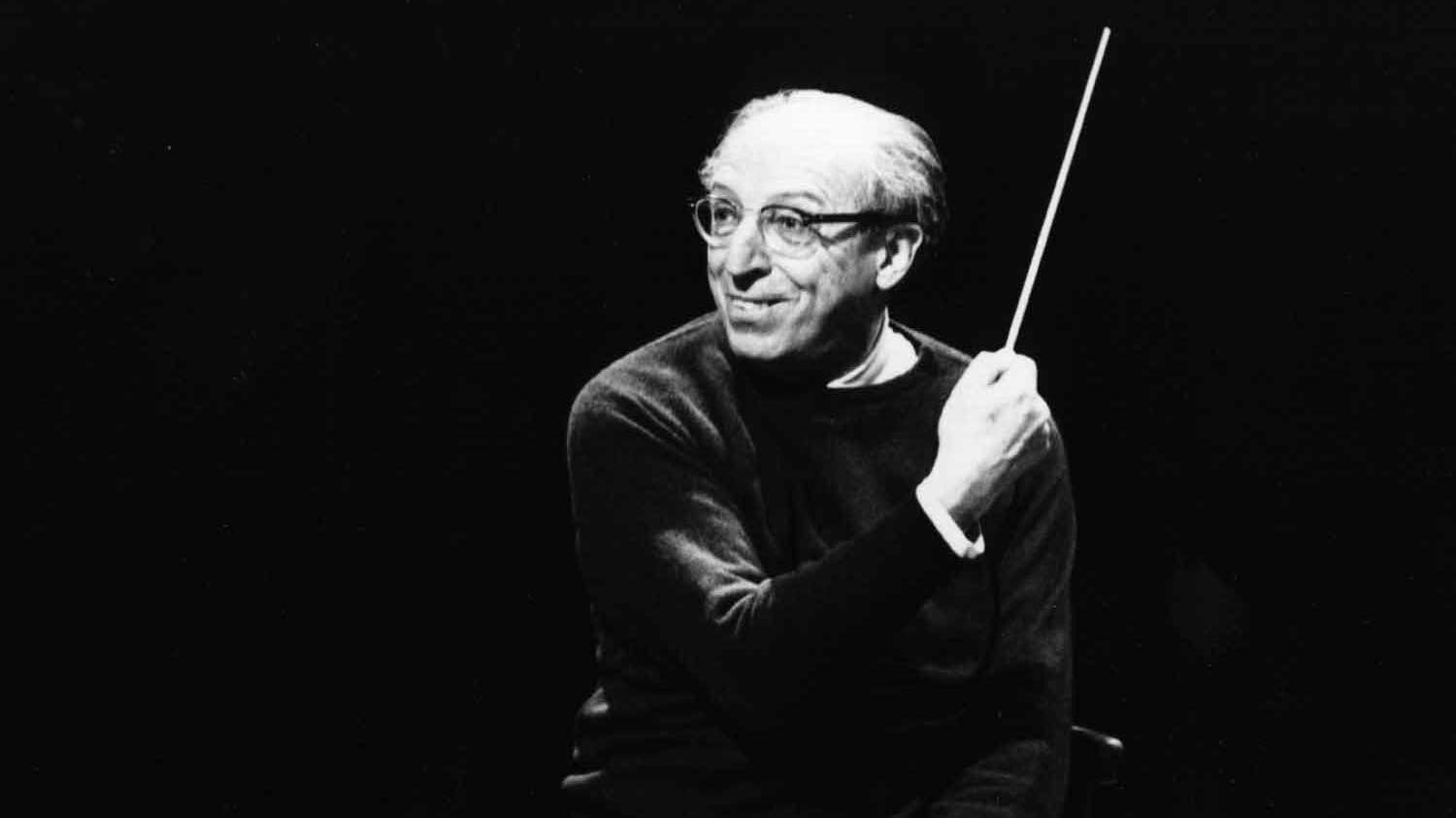
10 Fascinating Facts about Aaron Copland
Aaron Copland, one of America’s most celebrated composers, left an indelible mark on the world of classical music. Here are 10 fascinating facts about his[…]
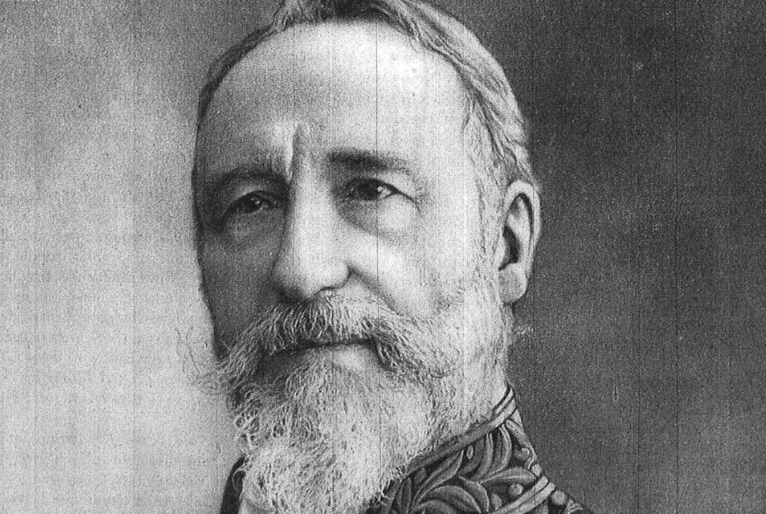
Theodore Dubois – Biography and Life
Théodore Dubois, a luminary of the French musical scene in the 19th century, orchestrated his life with the same finesse and creativity with which he[…]
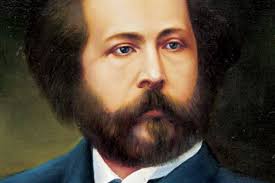
Édouard Lalo – Biography and Life
Édouard Lalo, a prominent figure in the annals of classical music, was born on January 27, 1823, in Lille, France. His musical journey began at[…]
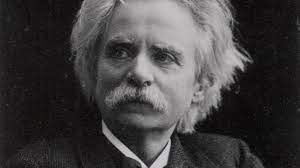
10 Fascinating Facts about Edvard Grieg
Edvard Hagerup Grieg, the renowned Norwegian composer, remains one of the most celebrated figures in classical music history. Born on June 15, 1843, in Bergen,[…]
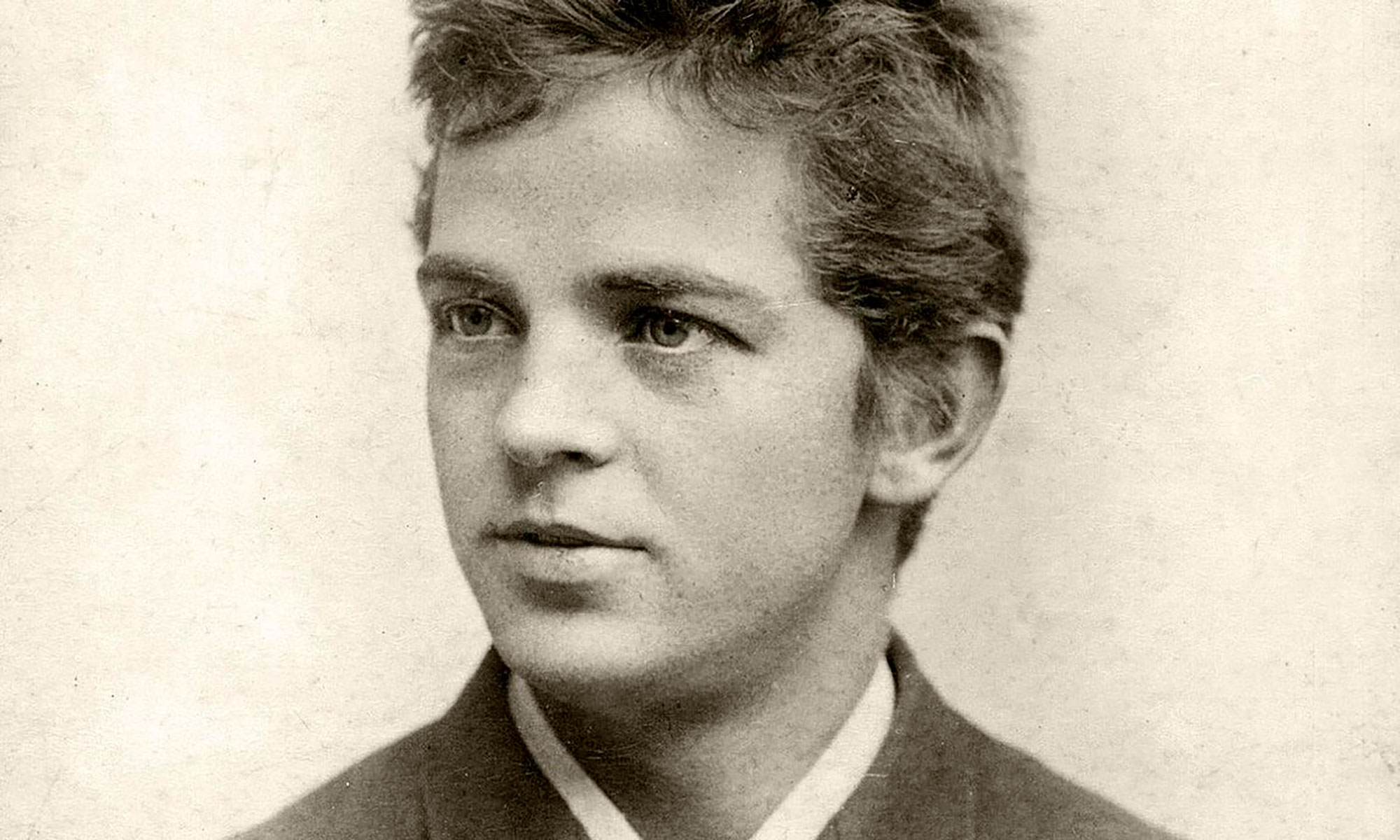
Carl Nielsen – Biography and Life
Carl Nielsen, the renowned Danish composer, left an indelible mark on the world of classical music with his innovative compositions and distinctive style. Here are[…]
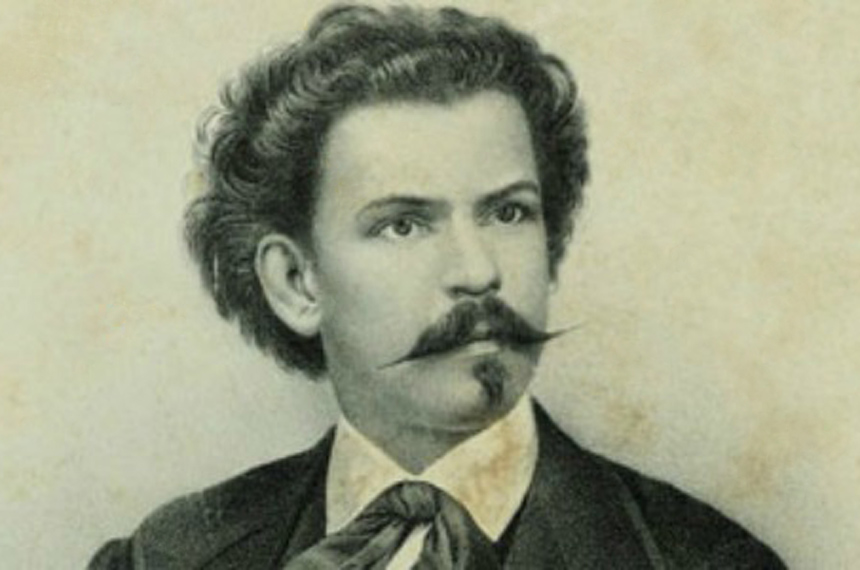
Carlos Gomes – Biography and Life
Carlos Gomes, born Antônio Carlos Gomes, was a Brazilian composer whose melodies continue to resonate through the annals of classical music history. Born on July[…]
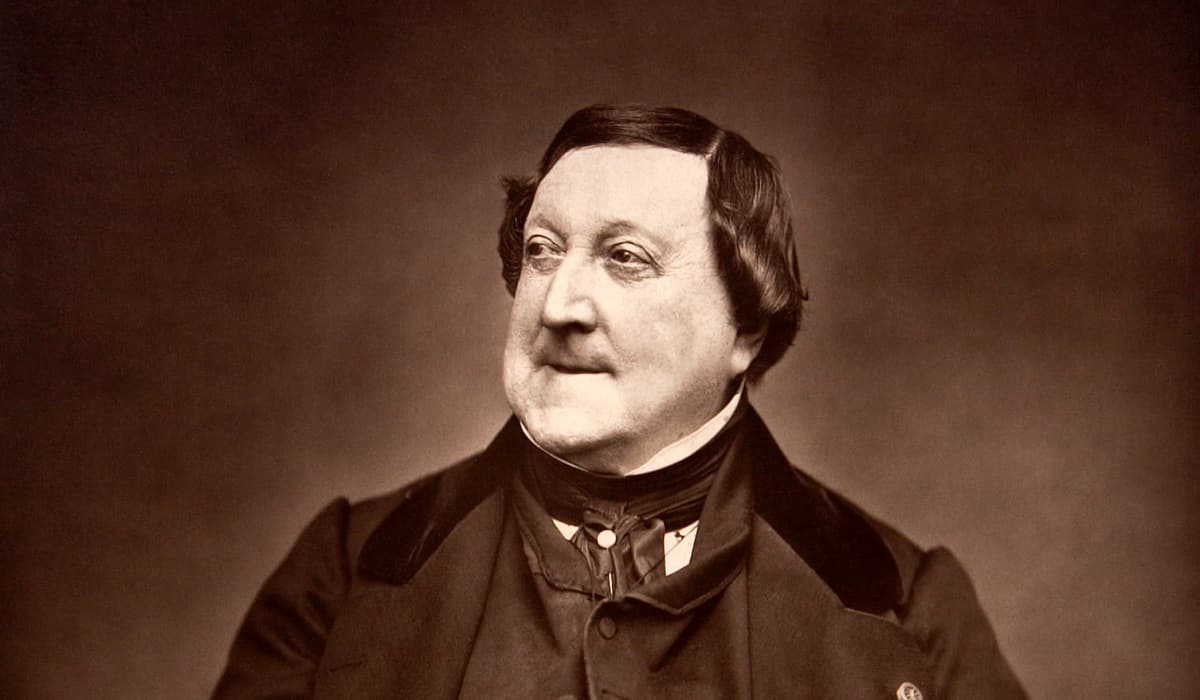
Gioachino Rossini – Biography and Life
Gioachino Rossini, born on February 29, 1792, in Pesaro, Italy, is celebrated as one of the most influential and prolific composers of the 19th century.[…]

10 Fascinating Facts about Amy Marcy Beach
Amy Marcy Beach was a prominent American composer and pianist, recognized for her contributions to classical music in the late 19th and early 20th centuries.[…]
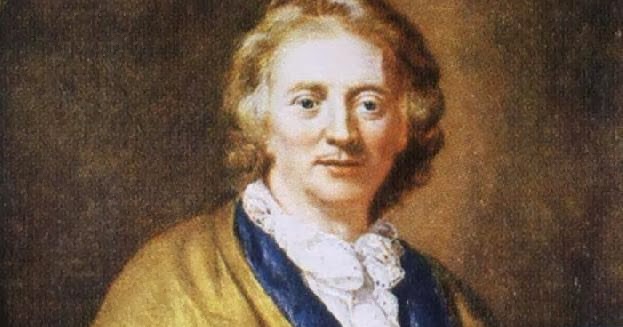
Francois Couperin – Biography and Life
François Couperin, often referred to as “Couperin le Grand” (Couperin the Great), was a distinguished French composer, harpsichordist, and organist of the late Baroque era.[…]